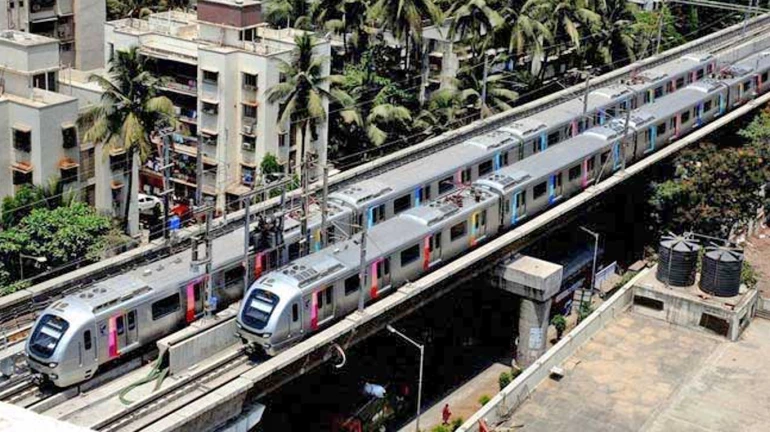
State Bank of India (SBI) has filed a petition against Mumbai Metro One before the National Company Law Tribunal (NCLT) under the Corporate Insolvency Resolution Process.
The company is a joint venture of Anil Ambani-promoted Reliance and Mumbai Metropolitan Development Authority (MMRDA). RInfra holds 74% of the equity shares and MMRDA holds the remaining 26%.
In a regulatory filing, RInfra noted, "SBI has filed a petition under section 7 of IBC against MMOPL, a JV of the Company with MMRDA, operating the metro line from Versova to Ghatkopar, before the NCLT Mumbai for recovery of about INR 416.08 crore."
It was the first metro project in India to be financed by Indian banks and the first metro project in the country to be provided on a public-private partnership basis.
Canara Bank, IDBI Bank, Indian Bank, Bank of Maharashtra, IDBI Bank and India Infrastructure Finance Company (UK) are the other lenders who have given loans to MMOPL for the project.
As per RTI, in the Mumbai Metro One project, the Maharashtra government gave INR 650 crore as 'viability gap funding', land worth about INR 600 crore and INR 132 crore as equity. Thus, the total amount given by the state government was about INR 1,382 crores plus monopoly rights.
RInfra had committed that the project cost would be INR 2,356 crores and it would be completed within 60 months. It actually took 83 months and the Company claimed that the project cost had gone up to INR 4,321 crore, an increase of 83.4%.
Viability gap funding (VGF) means a grant to support projects that are economically justified but not financially viable.
According to a senior banker, who had earlier rejected to finance the project, the debt default is not due to inefficient operations of Mumbai Metro One. It is due to RInfra's ability to walk out, banks' inability to say no and last but not the least, the government's forceful reduction of VGF.





